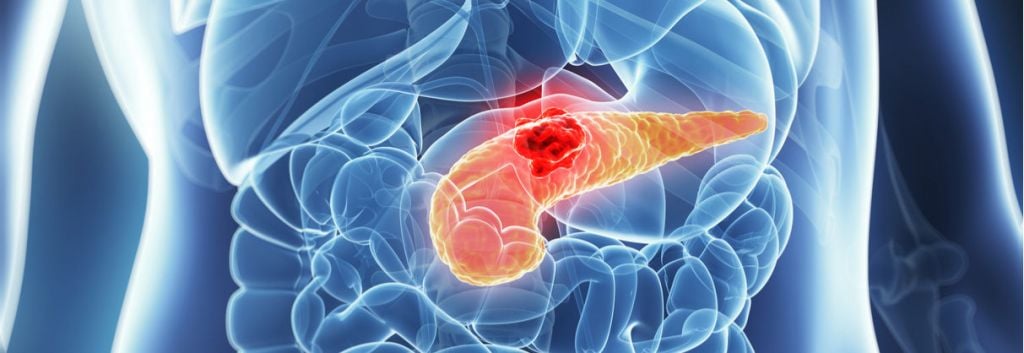Australian biotech company Noxopharm Limited has revealed encouraging new preclinical data from its long-term collaboration with UNSW Sydney.
The results were reported this week at the American Association of Cancer Research (AACR) Special Conference on Pancreatic Cancer in Boston.
The study involves Noxopharm’s novel preclinical drug, which attacks pancreatic cancer in a different and innovative way. Pancreatic cancer is especially difficult to treat because the tumors are surrounded by a dense barrier of cells that protects them from anti-cancer drugs, as well as from the body’s immune system. These barrier cells also help the cancer spread to the rest of the body, adding to the challenge of developing treatments.
Noxopharm has conducted an 18-month study as part of an ongoing collaboration with UNSW to test a new drug developed by the company, known as CRO-67.
The major findings were that CRO-67 killed tumor cells as well as barrier cells in samples taken from six patients who had their tumors surgically removed.
Study results
Patient samples were treated with CRO-67 at doses of 10, 20 and 50 micrograms per milliliter and a dose-response relationship was found, such that greater amounts of drug resulted in highly statistically significant effects.
The number of tumor cells decreased by 85%, while the number of barrier cells decreased by 87%. Cell replication decreased by 73%, while overall cell death increased 6.2-fold.
This ability to target both cell types could pave the way for a novel treatment that is being termed ‘dual-cell’ therapy, to acknowledge the distinctive properties of the new drug and its way of attacking pancreatic cancer.
The study used a new model developed by UNSW that grows whole-tissue tumors and keeps pancreatic tumor cells as well as barrier cells alive in the laboratory for 12 days after they have been surgically removed from cancer patients. The tumor tissues were then treated with CRO-67 and studied under conditions as close as possible to real life.
There is an urgent need to develop more effective treatments for pancreatic cancer, which is set to become the second leading cause of cancer-related deaths in the US by 2030. It has a five-year survival rate of just 9% from the time of diagnosis.
Phoebe Phillips from UNSW said: “The results demonstrated CRO-67 has potential to improve patient outcomes via a ‘dual-cell’ targeting activity that can attack tumor cells directly while also destroying the tumor’s surrounding ‘helper cells’. Traditional chemotherapeutics in this area have only targeted tumor cells and not the surrounding helper cells, and therefore their treatment effect is very limited.”
More tests
Noxopharm CEO Gisela Mautner said: “The development of new treatments is a core part of our expanded drug development strategy, and we are pleased that the Chroma is showing such promising initial results. What makes this study so exciting is that it is the closest you can get to studying human cancer in the laboratory before giving the drug to patients.
“It is still early days and there is a lot of work we need to do, but we are on an exciting path. The market for pancreatic cancer drugs is sizeable and clearly underserved, which presents a valuable opportunity for Noxopharm.”
The study will now be followed by more tests on the therapeutic efficacy of CRO-67, as well as deeper analysis into the mechanisms by which CRO-67 exerts its ‘dual-cell’ targeting effects. Several additional studies will need to be performed to support the research required to move CRO-67 towards clinical trials.
In terms of commercial strategy, Noxopharm has filed patent applications to protect the value of its intellectual property in this area.





